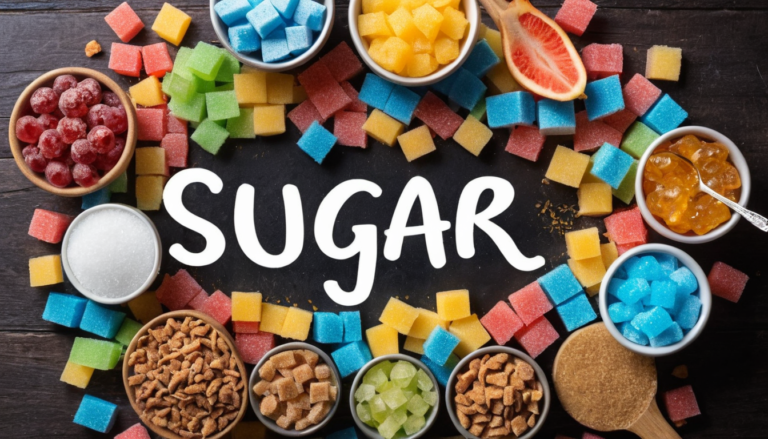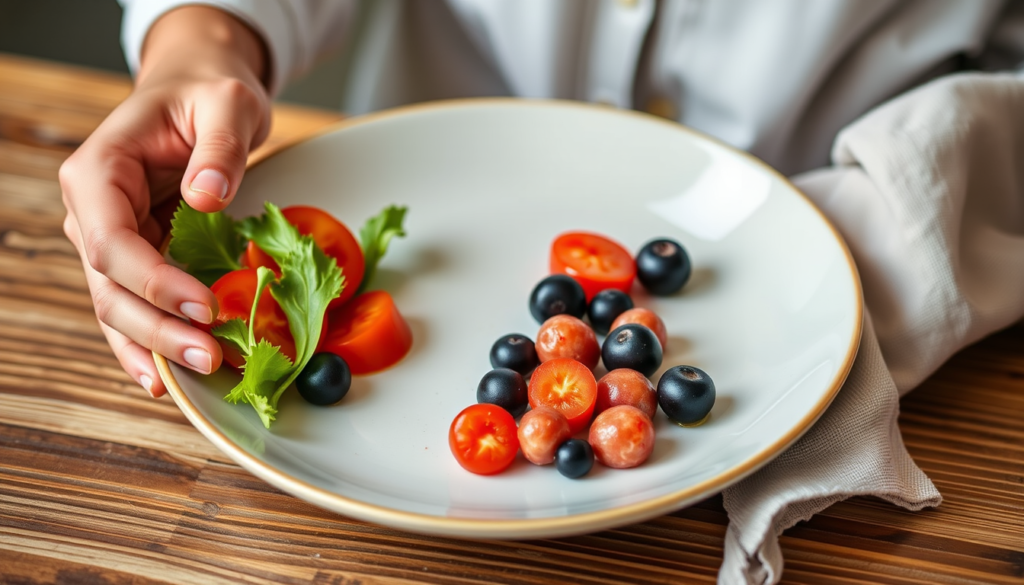Sugar is a term that often evokes mixed feelings. While it can bring a sense of joy and satisfaction when indulged in moderation, excessive sugar intake has been linked to a myriad of health problems, including obesity, diabetes, and heart disease. The truth about sugar lies in understanding its effects on the body and finding practical ways to reduce its presence in our diets naturally.
Understanding Sugar: The Basics
Sugar is a type of carbohydrate that the body breaks down into glucose, which can be used as a source of energy. There are various types of sugars, including:
- Natural sugars: Found in fruits, vegetables, and dairy products.
- Added sugars: Sugars and syrups added to foods during processing or preparation, such as table sugar (sucrose) and high-fructose corn syrup.
Natural sugars typically come packaged with vitamins, minerals, and fiber, which can benefit health. On the other hand, added sugars provide empty calories without nutritional benefits, leading to potential health issues.
The Health Impacts of Excess Sugar Intake
Consuming high amounts of sugar, especially added sugars, can have several detrimental health effects:
- Weight Gain: Foods high in added sugars are often calorie-dense and can lead to increased body fat.
- Increased Risk of Chronic Diseases: High sugar intake is linked to heart disease, type 2 diabetes, and liver disease.
- Dental Problems: Sugar is a significant contributor to tooth decay and cavities.
- Mood Swings: Rapid spikes and crashes in blood sugar levels can influence mood and energy levels.
How Much Sugar is Too Much?
The American Heart Association recommends limiting added sugars to no more than:
- 6 teaspoons (25 grams) for women
- 9 teaspoons (38 grams) for men
Reading nutritional labels can help you keep track of your sugar intake, but it often requires diligence and motivation.
Natural Ways to Reduce Sugar Intake
Now that we understand the health implications of sugar, let’s explore how to reduce its intake naturally without compromising on flavor or enjoyment.
1. Read Labels Carefully
Always check nutrition labels for sugar content, especially on processed foods. Pay attention to different names for sugar, such as:
- As corn syrup
- High-fructose corn syrup
- Sucrose
- Glucose
- Fructose
- Molasses
- Honey
Being vigilant about what you consume can help keep your sugar intake in check.
2. Substitute with Natural Sweeteners
When you crave something sweet, consider using natural sweeteners such as:
- Stevia: A calorie-free plant-based sweetener.
- Honey: A natural sweetener with some antioxidants, but still should be used in moderation.
- Maple Syrup: Contains more nutrients than refined sugar but is still high in sugar content.
- Dates: An excellent whole food alternative that’s rich in fiber and nutrients.
3. Opt for Whole Fruits Over Juices
Whole fruits are packed with vitamins, minerals, and fiber. When you eat whole fruits, the fiber helps regulate blood sugar levels. Opt for these instead of fruit juices or dried fruits, which often contain added sugars and lack the fiber found in whole fruit.
4. Gradually Reduce Sugar in Recipes
When baking or cooking, you can often reduce the sugar content in recipes by about one-third without compromising flavor. Experimenting with spices like cinnamon or vanilla can enhance sweetness without adding sugar.
5. Choose Unsweetened Versions
Many foods and beverages come in sweetened and unsweetened varieties. Opt for unsweetened almond milk, yogurt, and other products to cut down on your sugar consumption significantly.
6. Be Mindful of Sauces and Condiments
Many sauces and condiments, like ketchup and barbecue sauce, often contain added sugars. Consider making your own sauces at home using all-natural ingredients or choose versions labeled “sugar-free” or “no added sugar.”
7. Keep Snacks Healthy and Low in Sugar
Snacking can often lead to extra sugar intake if you reach for sugary snacks. Instead, keep healthy, low-sugar snacks on hand, such as:
- Nuts
- Seeds
- Cut vegetables with hummus
- Plain yogurt with fresh fruit
Final Thoughts
Reducing sugar intake doesn’t have to be an arduous or restrictive process. By understanding the impacts of sugar, reading labels, and making conscious choices, you can significantly lower your sugar consumption while still enjoying delicious meals and snacks. Remember, the key is moderation and finding alternatives that suit your lifestyle. Your body will thank you!



